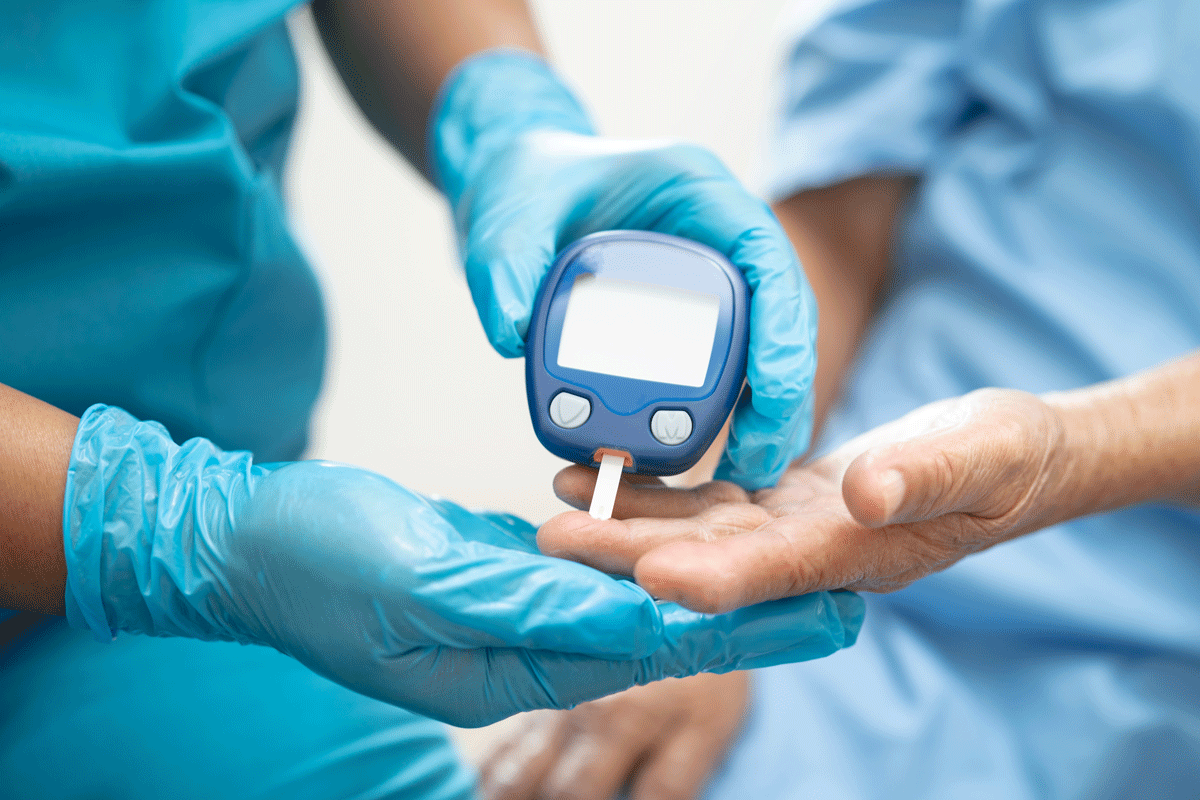The three main types of diabetes are type 1, type 2 and gestational diabetes. Depending on your type, your body may not make enough or any insulin, or it may not be able to properly use the insulin it does make.
Type 1 diabetes: It is caused by an autoimmune condition that damages the beta cells in the pancreas that produce insulin.
Type 2 diabetes: It starts as insulin resistance, causing the body to produce more insulin than it should.
Gestational diabetes: It is caused by hormones that stopped the action of insulin during pregnancy.
Causes of diabetes:
Type 1 diabetes: Autoimmune conditions, genetic factors, and the environment are potential triggers.
Type 2 diabetes: It is at risk from genetic factors, lifestyle and obesity.
Symptoms of diabetes: They include excessive thirst, frequent urination, fatigue, dry skin, and vision problems.
Complications, prevention and treatment:
Possible complications of diabetes include blood vessel disease, eye problems, nerve damage, and kidney damage.
Their treatment requires managing blood sugar levels, an adapted diet, physical activity, and in some cases, drug treatment. To prevent type 2 diabetes, weight management, exercise, and a healthy diet are essential to reduce risk.
For type 1 diabetes, there is no cure, but it can be managed with continued treatment, while type 2 diabetes can be controlled and in some cases reversed with a healthy lifestyle.






